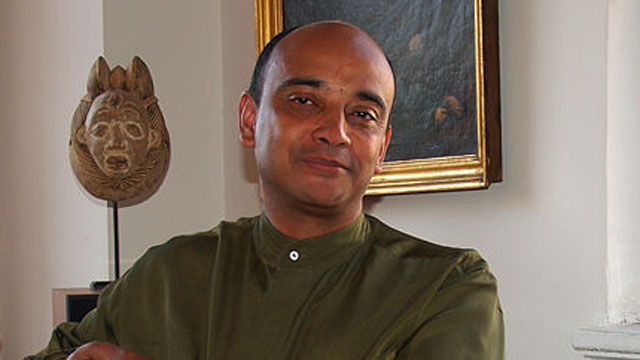“Don’t Ask, Don’t Tell” Gets a Vote

“Don’t ask, don’t tell” may come up for a vote after all. Senate Majority Leader Harry Reid (D-NV) wants to bring the 2011 defense authorization bill, which contains a provision repealing “don’t ask, don’t tell,” up for debate on Tuesday. If the bill passes without being amended it would spare the Obama administration the uncomfortable decision of whether or not to defend the policy in court.
It’s not clear the Democrats can muster the 60 votes they would need to break a Republican filibuster. Moderate Republicans like Sen. Scott Brown (R-MA) and Sen. Susan Collins (R-ME) may be reluctant to filibuster a repeal of the policy. But they may still want to block the defense bill because Reid isn’t letting Republicans amend it. If the Democrats also decide to attach the DREAM Act to the defense bill—the DREAM Act would give illegal immigrants who arrived in the country as minors more than five years ago a chance to earn citizenship—it will be even harder to pass. Since Republicans look increasingly likely to retake the House in November, as Andrew Sullivan says, if “don’t ask, don’t tell” isn’t repealed now, it will probably “still be in place at the end of Obama’s first term.”
Lady Gaga has started working the phones. Even if the policy isn’t repealed, bringing the repeal up for a vote is probably good politics for the Democrats. The same can be said for the DREAM Act, especially as far as Sen. Reid is concerned, since he’s in a tight race in a state with a lot Hispanic swing voters. The public is more evenly split on immigration issues, but even Republican voters don’t particularly support “don’t ask, don’t tell” any more—and the Democrats need to do whatever they can to show their disillusioned base what they stand for before the elections in November.





